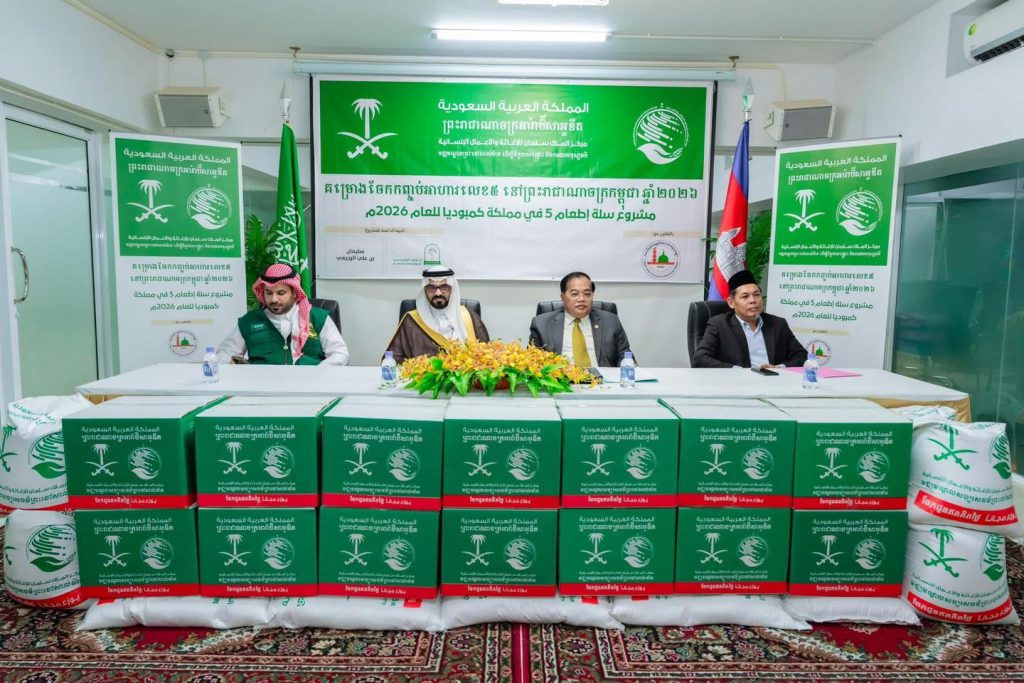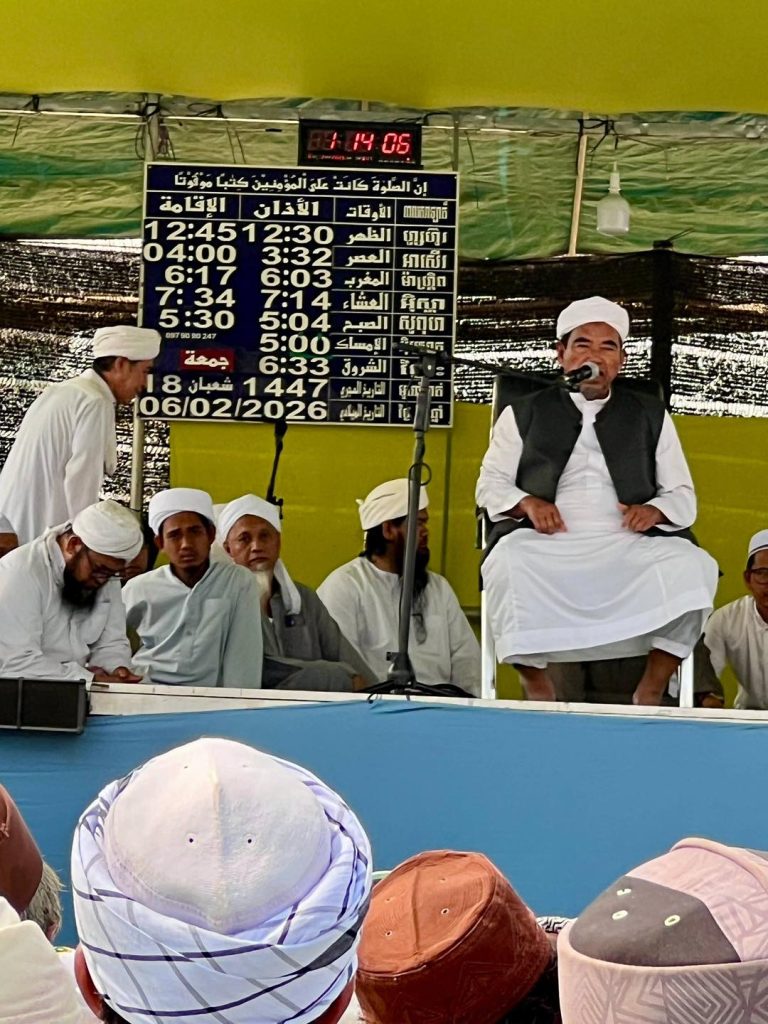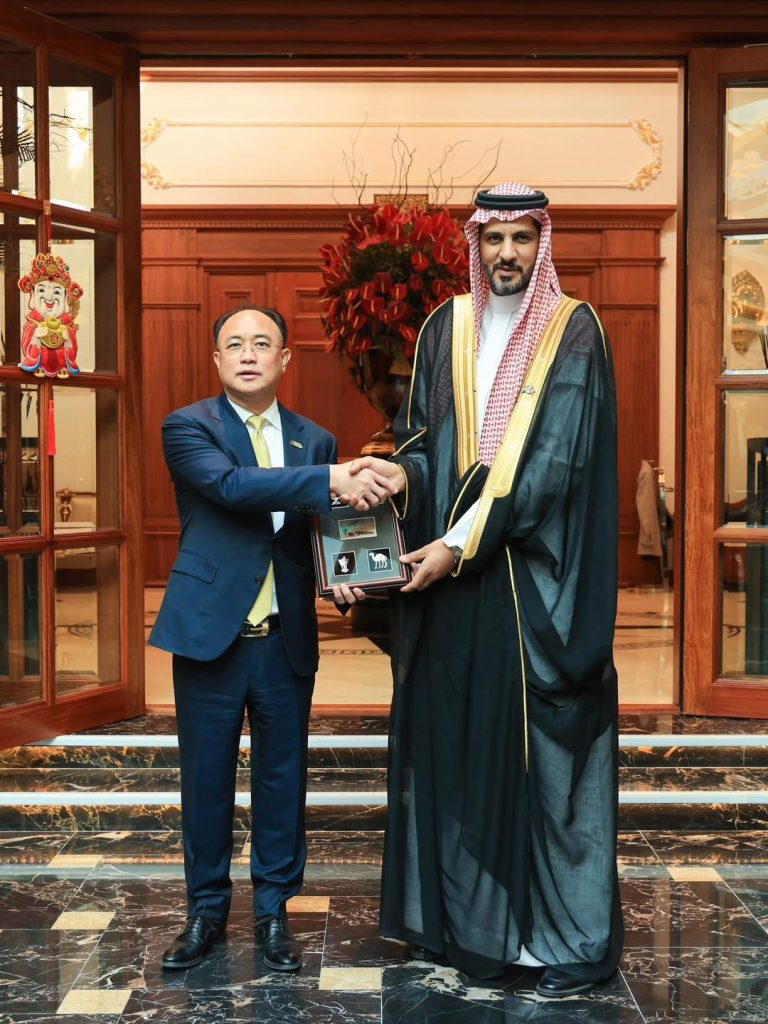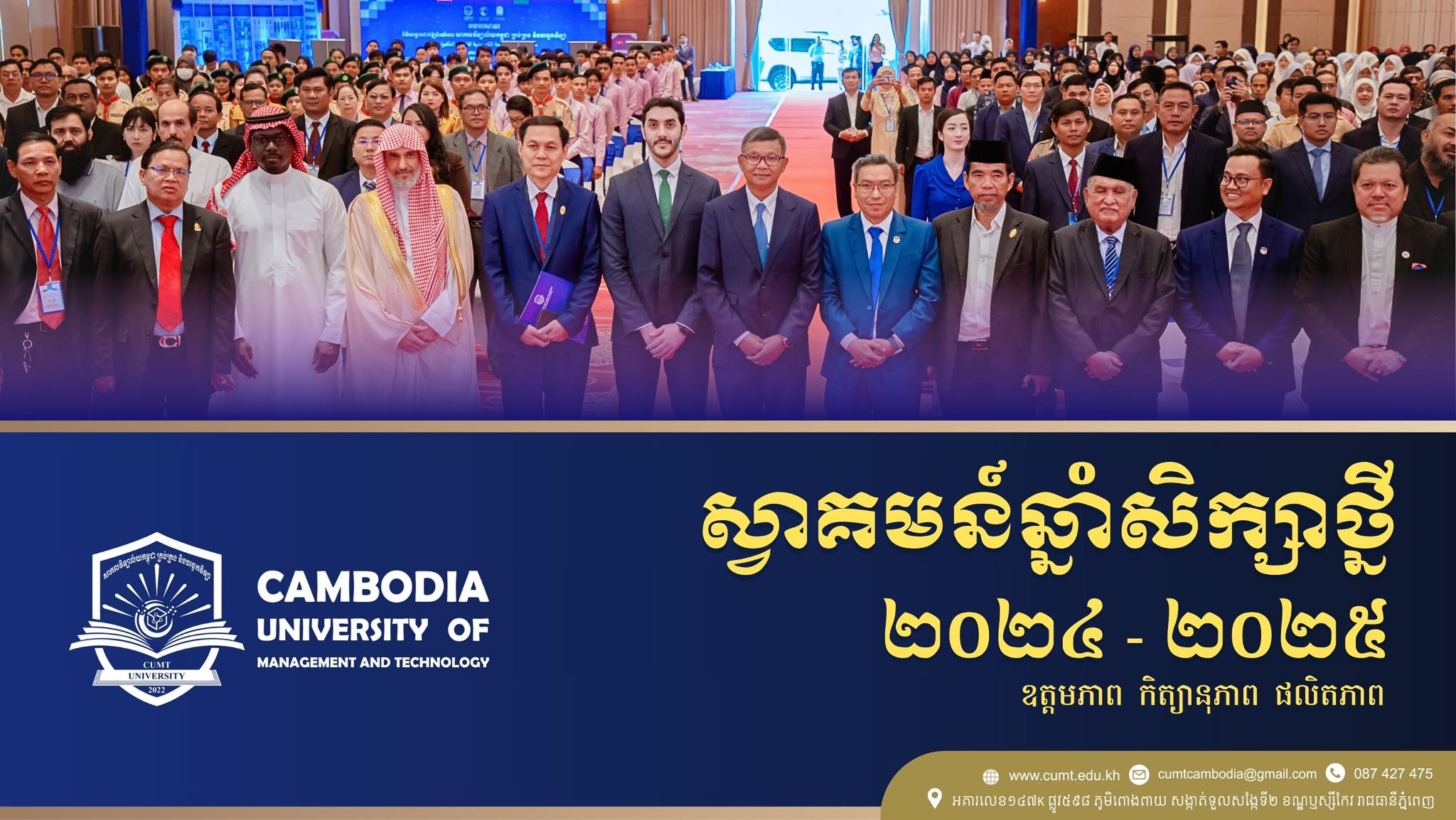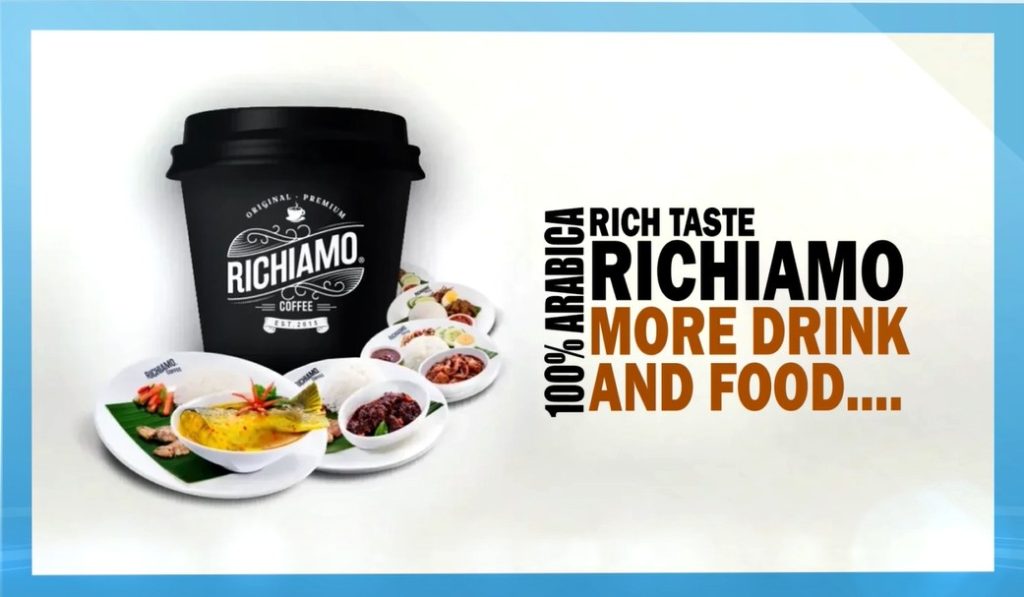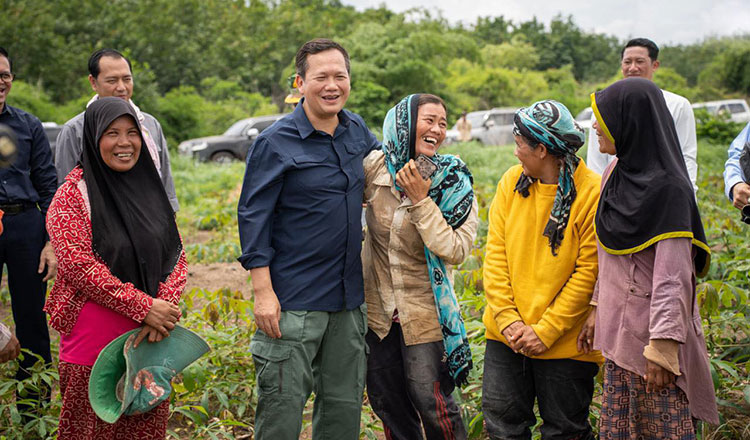
Growing safeguards: Govt encouraging more people to settle in border areas


“The government wants development along the border, and we are encouraging people to move there as much as possible,” Bona said. “Firstly, Samdech Prime Minister has instructed us to arrange visits for our people to the border areas as much as possible. Secondly, we aim to continue developing the border area as a thriving trading zone, attracting more residents.”
Bona, who recently accompanied Mr Hun Manet along with Minister of Information Neth Pheaktra and Minister in charge of the State Secretariat for Border Affairs Lam Chea to the Cambodia-Vietnam border, expressed his satisfaction with the development of the border ring road constructed close to the border demarcation markers.
“Currently, more people are living along the border, but it is still not enough,” Bona added. “We need to further develop these border areas to attract more residents.”
Former Prime Minister Hun Sen, now the Senate President, shared a video clip on September 1 in which he stated that the government is willing to provide social land concessions to encourage people to live along the border, especially in areas bordering Vietnam.
He mentioned that the government would allocate over 2,000 hectares of land along the border, which had been exchanged with Vietnam following a series of negotiations, to families of soldiers, border police, and veterans who do not own land.
“We must hand over this land to the provincial administration to prepare as social land concessions for distribution,” Mr Hun Sen said, adding that the government has also built houses for the families of soldiers in Svay Rieng province and other areas along the border.

In the interview, Bona also discussed Mr Hun Manet’s unannounced visit to the Cambodia-Vietnam border amidst allegations by some opposition activists that Cambodia was losing land to Vietnam due to the Cambodia-Laos-Vietnam Development Triangle Area (CLV-DTA).
Bona supported both Mr Hun Manet’s and Mr Hun Sen’s initiatives, asserting that the CLV-DTA has nothing to do with losing land to neighbouring countries.
“Normally, when the Prime Minister makes a trip, there are large crowds to welcome him. But Samdech Thipadei Hun Manet has his own method – an unannounced visit to the border areas without even informing the provincial authorities,” Bona said. “He wants to see the actual situation with his own eyes, without prior preparation. His visit allowed him to establish close contact with the people.”
“He saw the reality as a leader, without relying on reports or well-prepared presentations,” Bona added.
In late July, Mr Hun Manet made an unannounced visit to the Cambodia-Vietnam border, where he inspected road repair activities in Kratie and Mondulkiri provinces. Travelling by vehicle, Mr Hun Manet was keen to assess the progress of infrastructure development and the living conditions of people residing in these border regions, demonstrating his unwavering commitment to their well-being.
In a social media post, the Premier emphasised the importance of the people’s role in maintaining territorial integrity, accompanied by a video of the border patrol.
“The force that can most effectively and sustainably protect territorial integrity, especially along the border, is the people, not the armed forces,” Mr Hun Manet said. “Therefore, economic and social development, including infrastructure construction and improving people’s livelihoods along the border, is necessary.”
The visit did not follow an official programme, indicating Mr Hun Manet’s spontaneous decision to review the ongoing road repair projects managed by the General Command Engineering Corps.
The inspection also included an evaluation of the economic and social conditions of the residents in these border areas.
Bona expressed his satisfaction with the development of the border ring road constructed close to the border demarcation markers.
“You might think that the border is an area where people are isolated, but it is not,” he said.
Mr Hun Manet’s unannounced visit to the border came amidst attempts by former opposition leader Sam Rainsy and other members of the court-dissolved Cambodia National Rescue Party (CNRP) leadership to incite protests against the CLV-DTA, urging the government to withdraw from the agreement.
In response, Mr Hun Manet instructed the arrangement of free transportation for the public to see for themselves the real situation in the border areas.
On Thursday, the government announced the provision of free trips to the northeastern provinces of Kratie, Stung Treng, Mondulkiri, and Ratanakiri.
The initiative, which will run every weekend from September to December, is also designed to allow citizens, particularly youth and students, to witness firsthand the development taking place along Cambodia’s borders with Laos and Vietnam.
This programme is part of the government’s broader effort to address public apprehensions regarding the CLV-DTA. Many Cambodians have expressed fears that this trilateral cooperation might result in the loss of Cambodian territory to Vietnam.
However, the government has consistently assured that the CLV-DTA is a strategic initiative designed to boost prosperity in the border provinces by enhancing their infrastructure and development while also safeguarding national sovereignty.
The government also initiated the “Foundation for Border Infrastructure Development,” allowing people to donate for border development. The latest reports indicate that more than $11 million has been raised.
“Through this fund, we will see the true spirit of national defence coming from all walks of life in our nation. And especially, we will be able to see whether those who accuse us of ceding parts of four provinces to Vietnam will contribute to the fund or not,” Mr Hun Sen said.
The Ministry of Information has announced the opening of registration for a series of free tours to northeast Cambodia, with 200 spots available for each tour on a “first come, first served” basis. These tours will begin on September 7 and will take place every Saturday until the end of the year.
Participants in the tours will receive complimentary transportation, meals, and accommodation, all sponsored by Mr Hun Manet and his wife, First Lady Pich Chanmony, alongside contributions from charitable individuals. The Ministry emphasised that no state funds or resources from the Foundation for Border Infrastructure Development would be used for these tours.
The tours will take travellers to various locations in the northeast, including the border areas of Tboung Khmum, Kratie, and Mondulkiri provinces, as well as Stung Treng and Ratanakiri provinces. The trips are designed to offer both day-long and overnight experiences, allowing participants to explore the rich cultural and natural landscapes of these regions.
Mr Hun Manet has expressed his profound thanks to the movement of unity from citizens, government officials, and businesspeople, both inside the country and abroad.
“This participation demonstrates patriotic conscience through the development of border provinces to strengthen national defense, defend territorial integrity, and especially show the spirit of nationalism, which is a great encouragement for the government to fulfill its noble mission to serve the nation and the people,” the Premier said.
Since 1994, Cambodia has constructed a total of 1,320.66 kilometers of roads along the borders with neighbouring countries Vietnam, Thailand, and Laos.


